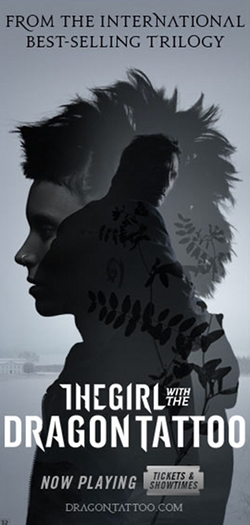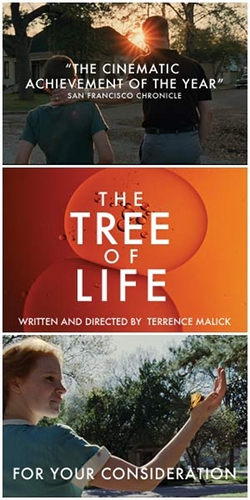Review: Harakiri (1962)
Harakiri is a sort of antithesis of a typical samurai film. Rather than have honor be the motivation that drives the characters, it openly criticizes the social system of feudal Japan, which was often hypocritical and driven to an age of cynicism during peace. But the film isn’t just seeking to explore a subject so specific. Rather, it is a brilliant deconstruction of all arbitrary social and cultural constructs that we live our lives based upon.
Rather than have honor be the motivation that drives the characters, it openly criticizes the social system of feudal Japan…
The film begins with a wandering ronin, a samurai without a master, who approaches the House of the Iyi clan, asking their permission to commit hara-kiri in their courtyard. A samurai without a purpose only has one choice for an honorable death. Waiting for time to claim him when battle will not, is never an option, so he must commit hara-kiri, a ritual suicide by disembowelment, followed by beheading. However, there have been a large number of ronin requesting the same thing, and many have been revealed to be extortionists, threatening to commit hara-kiri, only to have a house offer them employment or money to shoo them away. The counselor of the clan relates a tale of such an extortionist to the ronin, and how, as a display of devotion to true samurai honor, forced the extortionist to commit hara-kiri with his own fake bamboo blade in order to keep to his word.
The ronin assures the counselor that he needn’t worry; he has every intention on killing himself. However, just before doing so, he requests to relate his own tale of what brought him here. What unfolds is the recount of the tragic series of events that forced him to come before the clan to air his grievances and openly criticize the façade of samurai honor. But more importantly, it speaks to universal truth on the kinds of social constructs we lives our lives by, and how dogmatic adherence to such things hinders progress. Beautifully shot in black and white, Yoshio Miyajima’s striking cinematography creates some of the most potent images ever put on screen. Every shot is so carefully framed, every dolly zoom timed to perfection. The swordfight in the windy, grassy plains is worth the price of admission alone, and through a combination of inspired cinematography, editing, and direction, it may just be one of the greatest duels of all time, choreographed with the utmost precision that would make the late Bob Anderson jealous.
Kobayashi’s screenplay crackles with energy, exploring a complex philosophical landscape while never losing sight of the wholly human tragedy that unfolds as the ronin tells his story…
Director Masaki Kobayashi, who in the year before directed the nine and a half hour war epic, The Human Condition, injects what could otherwise be a dull series of flashbacks with the kind of vitality that rivals Akira Kurosawa’s Rashomon in the ability to challenge the audience’s belief in which storyteller’s perspective is more morally sound. There’s never a wasted moment, never a throwaway line. Everything is carefully laid out in a suspenseful, intricate fashion, much like the ronin’s method of revealing his true motives. Kobayashi’s screenplay crackles with energy, exploring a complex philosophical landscape while never losing sight of the wholly human tragedy that unfolds as the ronin tells his story. That humanity is embodied in the great Tatsuya Nakadai, who embodies the role of the ronin perfectly, at first disarming the audience by appearing to be a simple old man, only to later reveal himself as the lethal force of nature his wrath has become.
In a way, that’s exactly what the film is: a force of nature descending upon arbitrary social constructs, regardless of what period they come from, to shed light on how hypocritical they have become. As relevant today as it was in 1962, especially with the definitions of things like marriage at the forefront of debate, Masaki Kobayashi’s Harakiri is no less than a timeless masterpiece that deserves to be studied and considered for many years to come.
-
http://twitter.com/NextProjection Christopher Misch
-
http://www.facebook.com/people/Kevin-Ketchum/1523160194 Kevin Ketchum
-
http://twitter.com/NextProjection Christopher Misch


















 Review: Funny Games (2007)
Review: Funny Games (2007) Review: Osaka Elegy (1936)
Review: Osaka Elegy (1936) Review: Miss Bala (2011)
Review: Miss Bala (2011) Review: Hidden (2005)
Review: Hidden (2005) Review: Watching TV With The Red Chinese (2012)
Review: Watching TV With The Red Chinese (2012)


